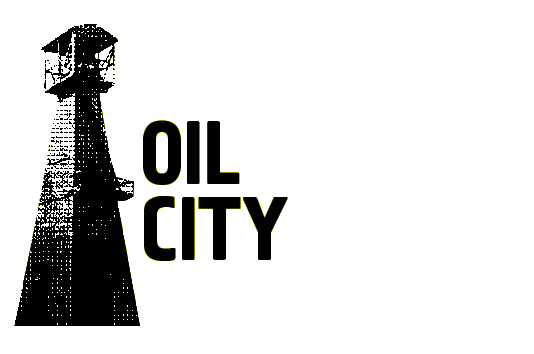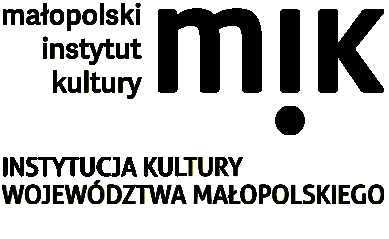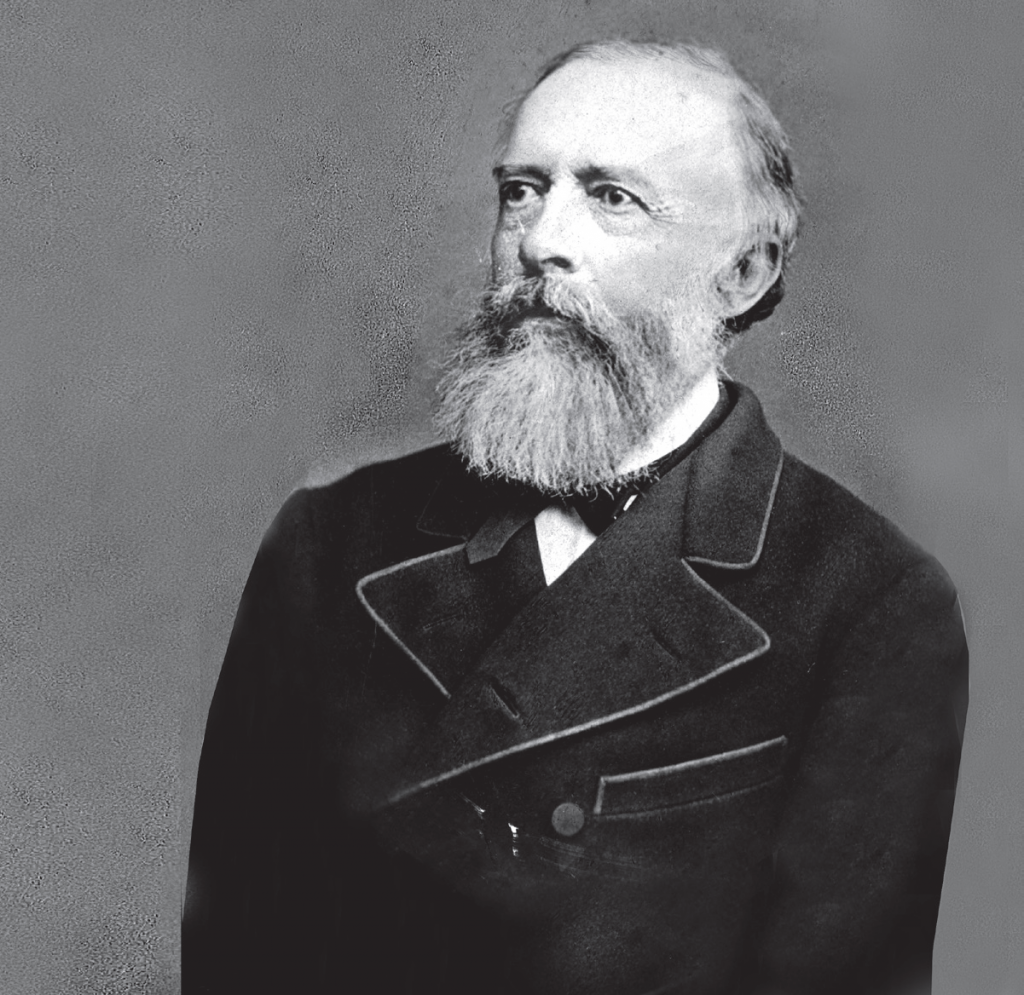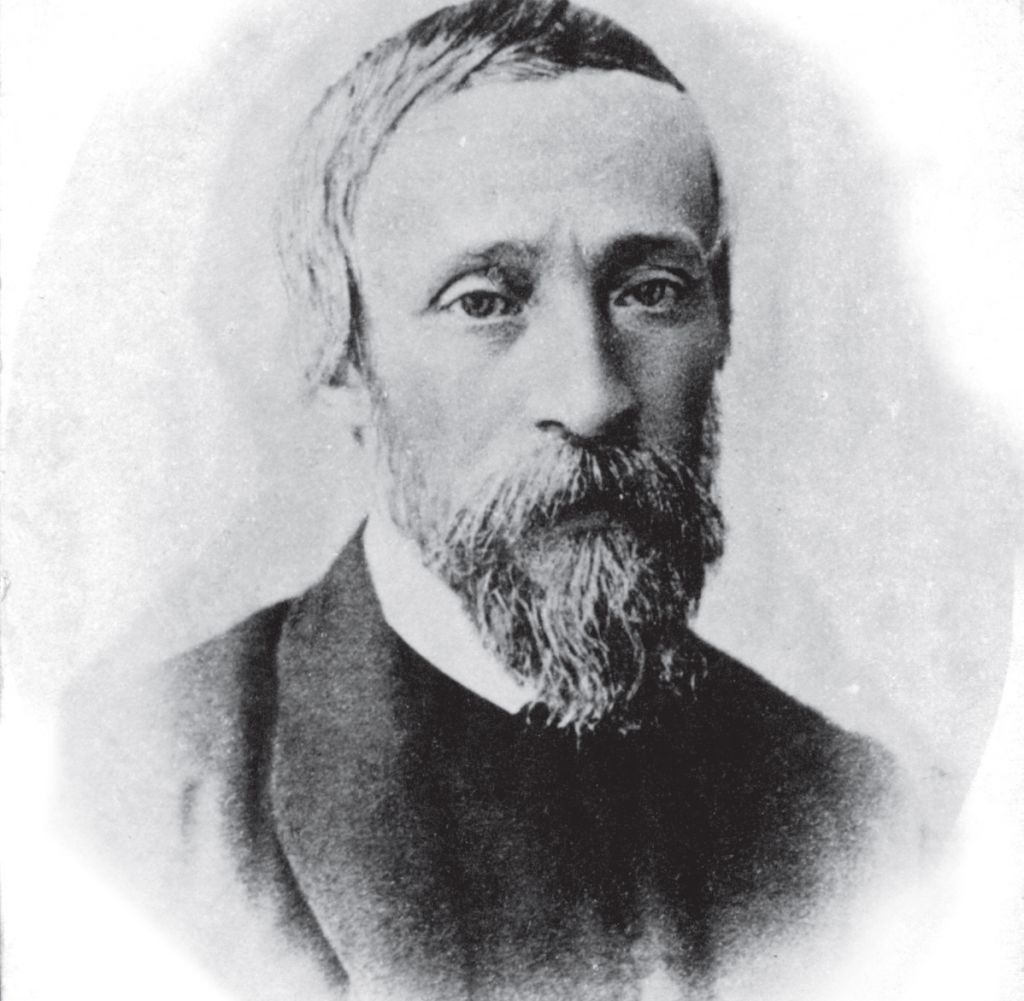As the son of a wealthy landowner, when he came of age, he received the villages of Polanka and Świerzowa. In 1853, the herd of sheep – a source of considerable income for the Polanka farm – was being decimated by an epidemic. The witch doctor brought in from Bóbrka recommended that the sheep be covered with the black goo, which was plentiful in the local waters. The treatment was unexpectedly successful and Trzecieski turned his attention towards oil. He collected it not only from the waters, but also from excavations. The oil extraction profits made Tytus Trzecieski even wealthier and let him expand as a philanthropist.
Ignacy Łukasiewicz was born in Zaduszniki and died in Chorkówka. He is considered as the father of Polish oil industry. In 1848, he started working at Piotr Mikolasch’s pharmacy in Lviv. Łukasiewicz and Zeh used the pharmacy’s laboratory to distil oil and subsequently used the distilled oil in lamps. With assistance from the sheet-metal worker Adam Bratkowski, they developed an oil lamp.The Mikolasch–Zeh–Łukasiewicz partnership (800 Austro-Hungarian guldens contributed by each partner) found a client who purchased 500 kg of oil with oil lamps – a Lviv hospital, which performed the first night operation with light from oil lamps on 31st July 1853. He became a politician and had more influence over the development of the Galician oil industry. He was active in worker protection laws and the construction of new roads and bridges. He also set up welfare funds (illness and accident funds for workers), communal funds (interest-free loans), bathhouses, and childcare centres.



